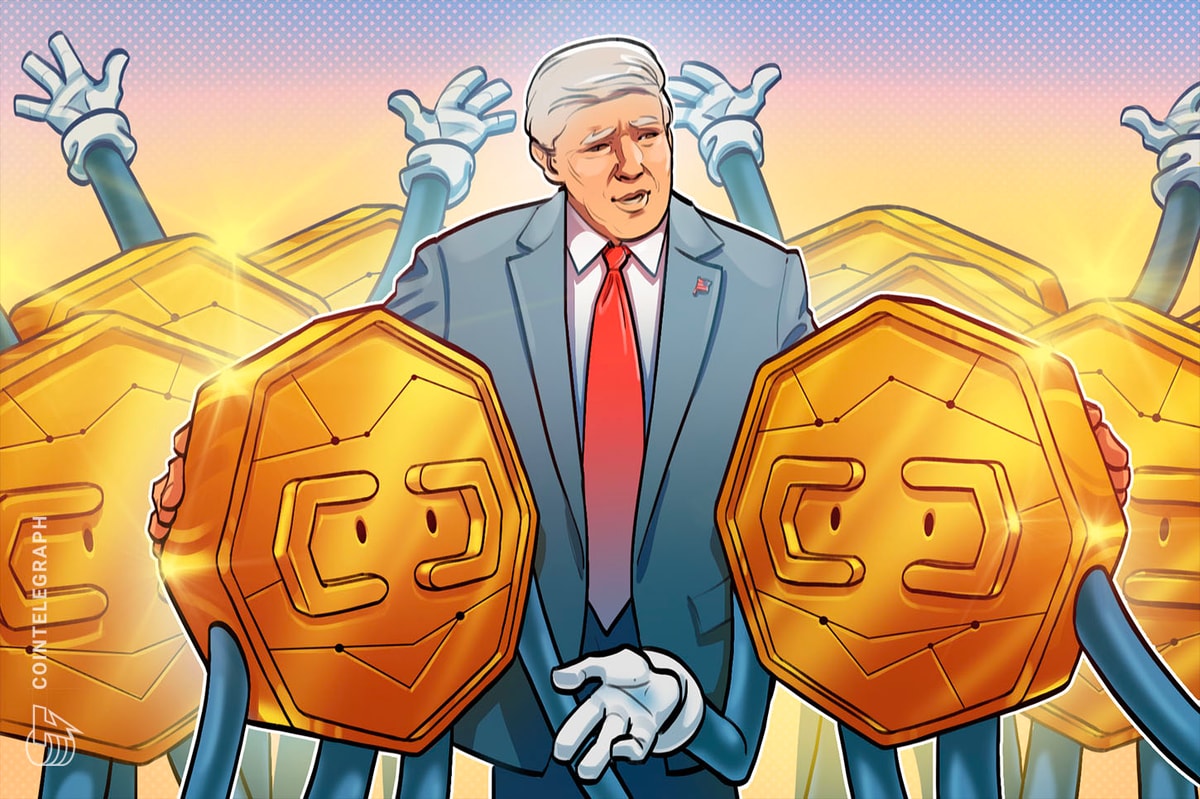The approval of the first spot Bitcoin (BTC) exchange-traded funds (ETF) in the United States will open the crypto market to billions of dollars of institutional capital.
According to public trading data, the total volume across the 10 approved spot Bitcoin ETFs reached more than $4.5 billion on the first day of trading on Jan. 11, 2024. Grayscale Investments’ Bitcoin ETF alone reportedly handled over $2 billion in volume.
As massive amounts of institutional capital are expected to flow into the Bitcoin market, is there cause for concern about the potential implications of a spot Bitcoin ETF for smaller investors?
Executives and analysts in the industry have mixed opinions, with some believing such an ETF would be a great entry point for non-institutional investors. In contrast, others think ETFs are not a good fit for retail investment. Instead, they should stick to actually owning Bitcoin with self-custody instead.
“A spot Bitcoin ETF is strictly good for retail investors,” Bitwise chief investment officer Matt Hougan said in an interview with Cointelegraph. According to the executive, a spot BTC ETF would lower the costs of accessing Bitcoin, which would make the “Bitcoin market efficient.” Hougan stated:
“Even if you never plan to use the ETF, its existence will likely make it cheaper for people to acquire Bitcoin through other means, causing brokerage commissions to go down, etc.”
According to Jan3 CEO Samson Mow, retail investors should stick to buying the underlying asset, which is real Bitcoin held in self-custodial wallets. “They will only benefit from Bitcoin price appreciation as billions of dollars flow into this asset class from institutions,” Mow suggested.
Quantum Economics founder Mati Greenspan has previously expressed a similar stance. “There are zero advantages and plenty of disadvantages for retail investors to hold Bitcoin ETFs. Way better to just hold Bitcoin,” Greenspan told Cointelegraph in December 2023.
“Personally speaking, I would never buy any sort of paper IOU forms of Bitcoin, but that’s because I have the option of self-custody,” he added.
Retail investors should approach the launch of a spot Bitcoin ETF with a balanced perspective, according to Valkyrie co-founder and CEO Leah Wald.
“While it offers a convenient way to invest in Bitcoin without dealing with the complexities of self-custody, it also introduces the typical counterparty risks associated with all ETFs,” the CEO noted. Wald reiterated that there’s no conflict between self-custody and ETFs but a matter of preference.
Related: SEC did not ‘approve or endorse Bitcoin’ with spot BTC ETF nod — Gary Gensler
“If you are someone who wants to self-custody, then spot Bitcoin ETFs may not be for you. If you’re looking for easy access to a highly transparent, institutional-grade fund to potentially capitalize on the price movement of Bitcoin, then an ETF could be a great solution,” Wald said.
Either a good or bad investment option for retail investors, spot Bitcoin ETFs are unlikely to reduce demand for BTC in any case, according to David Gerard, author of the book and crypto blog Attack of the 50 Foot Blockchain. He said:
“I'm not sure it creates actual new demand for Bitcoin. But I don't think it would reduce demand for Bitcoin.”
ARK Invest founder and CEO Cathie Wood previously predicted that the approval of a spot Bitcoin ETF in the U.S. could potentially trigger short-term selling. The executive is still bullish on BTC price in the longer term.
Magazine: How to protect your crypto in a volatile market — Bitcoin OGs and experts weigh in









